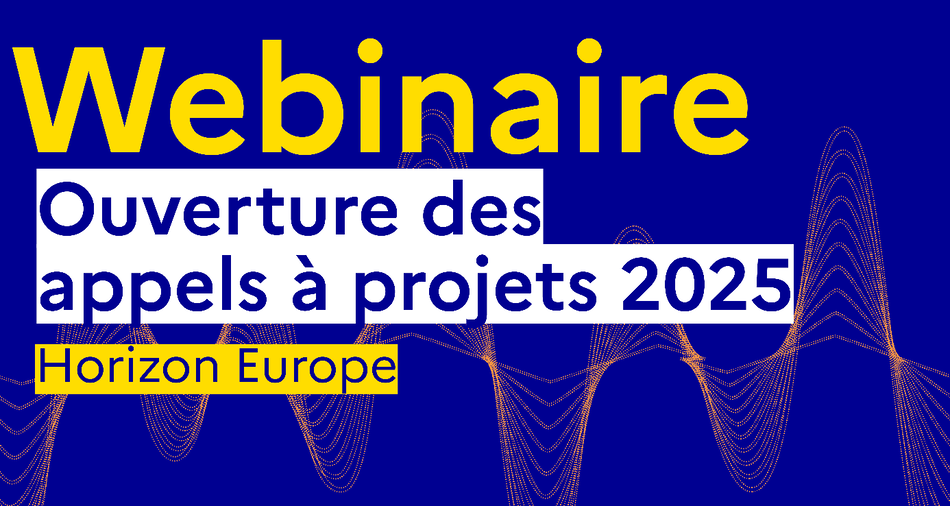Expected Outcome:
This topic aims at supporting activities that are enabling or contributing to one or several expected impacts of destination 6 “Maintaining an innovative, sustainable and globally competitive health industry”. To that end, proposals under this topic should aim to deliver results that are directed towards and contributing to all of the following expected outcomes:
- Challenging aspects of regulation, policy, safety, efficacy, manufacturing, organisation, infrastructure, decision-making, and commercialisation are identified for speeding up the equitable clinical applications of ATMPs.
- European regulatory frameworks are adapted to novel scientific progress, especially those related to platform approaches, genome editing, interface with medical devices, artificial intelligence.
- Competent authorities in the Member States can propose adapted pricing and reimbursement schemes that allow European citizens to benefit from novel ATMPs.
- Academic and SME developers and manufacturers of ATMPs have an increased knowledge of the regulatory aspects.
- The decentralised manufacturing of ATMPs is consistent across health care centres.
Scope:
New pioneering treatments called Advanced Therapy Medicinal Products (ATMPs), including cell and gene therapies, have the potential to bring new cures to patients affected by diseases with limited or no available treatments. However, several hurdles impede or slow down the access of ATMPs to patients in the EU and Associated Countries. These include e.g. regulatory challenges, underlying scientific uncertainties, differences in assessing the values of ATMPs by the various Health Technology Agencies (HTA), difficulties to perform randomised-controlled clinical trials or to obtain long-term safety and effectiveness data, the lack of harmonised approaches to the reimbursement of the high upfront costs by health systems, manufacturing processes, etc.
The proposals should address all of the following activities:
- Map the regulatory, safety and efficacy assessment, manufacturing, organisational and infrastructural needs to improve the translation of ATMPs from preclinical development to clinical use.
- Address the gaps and uncertainties in regulatory and policy aspects pertinent to complex innovative ATMPs.
- Address predictivity of preclinical data for safety and efficacy testing of ATMPs. Improved novel models could be proposed.
- Tackle decision-making processes relating to ATMPs, such as for instance the assessment of their values, the demonstration of the long-term safety and effectiveness, or new pricing and reimbursement frameworks.
- Propose opportunities for an improved knowledge of the regulatory processes among academic ATMP developers.
- Involve regulatory authorities, Health Technology Agencies (HTA), clinicians, ethics committees, and patients, with the aim to ensure higher clinical use of ATMPs. The findings of the project will be available to competent authorities, ATMP developers and manufacturers as well as to national/regional funding agencies.





